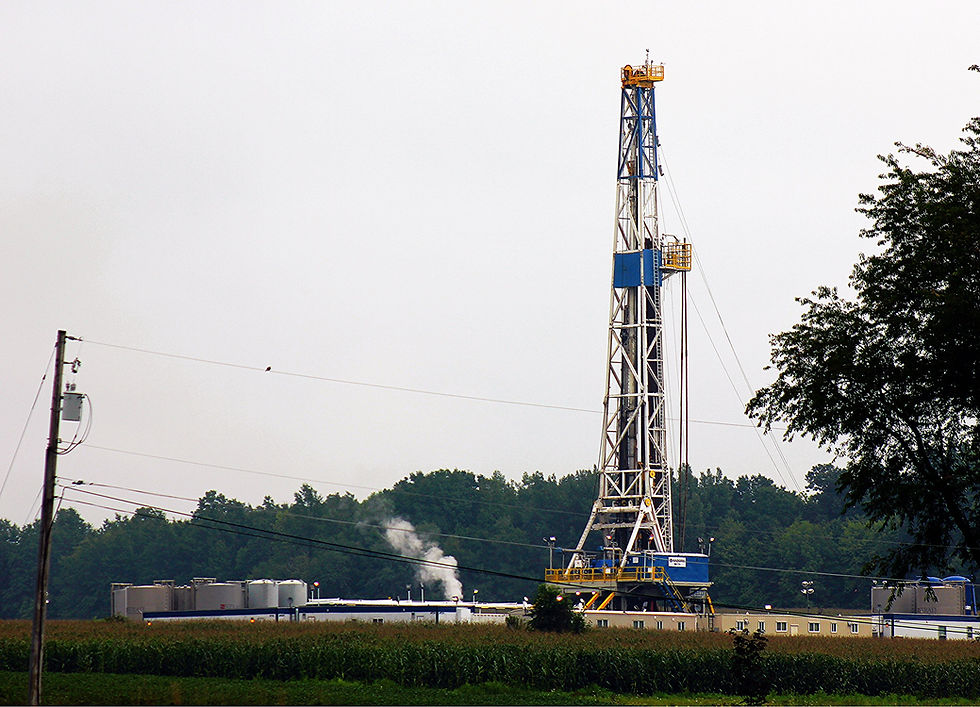John Flesher: Is COP27 a lost and damaged cause?
- Nov 3, 2022
- 3 min read
Updated: May 27, 2025

They say that the sequel is never as good as the original. And, one year on from COP26 in Glasgow, COP27 seems destined to be more Grease 2 than Godfather II. According to its Egyptian presidency, the meeting’s success hangs on the thorny issue of loss and damage.
Loss and damage is the name given to the harms caused by manmade climate change, covering climate disasters and longer term effects like sea level rises, as well as the loss of heritage and culture. So far, so uncontroversial - nobody serious disputes that climate change causes immense damage to human life and the natural environment. But the tricky bit comes when you look at liability and compensation for those impacts.
The countries on the receiving end of the worst impacts of climate change argue that they are responsible for a tiny fraction of global emissions and that it is the big emitters who have a duty to pay up for the damage that their emissions have caused.
On one level, this is absolutely fair enough. Those most vulnerable to climate change are already amongst the poorest on Earth, and their emissions really do represent a tiny fraction of the total - why should they have to cover the huge costs of a problem they did nothing to cause?
But here’s the problem: in assessing liability for loss and damage, its proponents believe that the burden should fall not just on the largest emitters now but on those who are responsible for historical emissions too. This puts countries like the UK, with a 1% present-day share of emissions but with a far greater historical contribution, in a difficult position. Aren’t we essentially being asked to pay reparations for the involuntary “sins” of our forebears? And where, if at all, will the line be drawn on how much we have to cough up?
These quandaries are what has left the loss and damage process marooned in a series of technical dialogues and protocols in the UN COP process - richer countries don’t want to accept what could amount to a massive, unlimited liability for climate impacts. As COP27 draws nearer, climate-vulnerable countries are renewing their efforts to make meaningful progress on loss and damage, but some further discussions aside, their mission looks doomed to fail again.
That doesn’t mean all is in vain. Our aid in the aftermath of natural disasters made more likely by a warming planet, like the recent floods in Pakistan, will always be vital. Beyond that, big emitters also have a serious moral responsibility to support developing countries in mitigating and adapting to climate change, and we aren’t doing anything near enough. With a repeated promise of $100bn per year in climate finance for the Global South still not routinely met, it’s high time we put more money into the pot, and back the energy transition across the world with partnership deals such as that agreed with South Africa at COP26.
Agreeing a generous compromise on climate finance would be good not just for the environment, but for the economy too - more resilience to climate change across the world means more jobs, more trade and investment opportunities, and more security at home and abroad. It’s not too late to change the script and make COP27 the success the world needs.
If you are a CEN supporter, councillor, or parliamentarian and would like to write for the CEN blog, please email your idea to cameron@cen.uk.com.




Comments